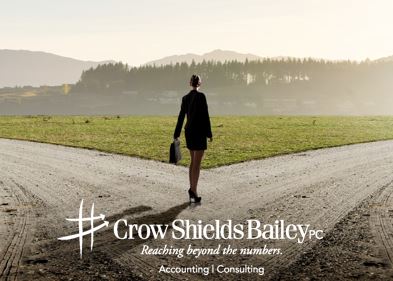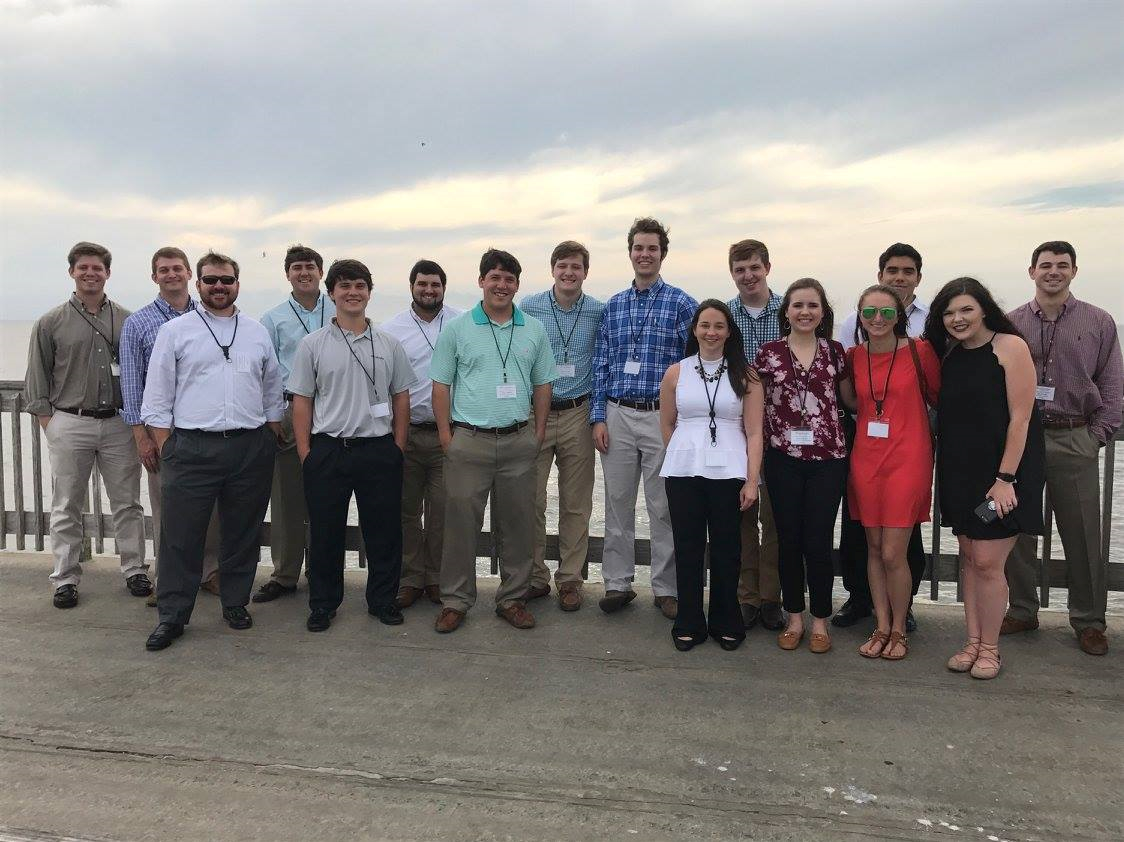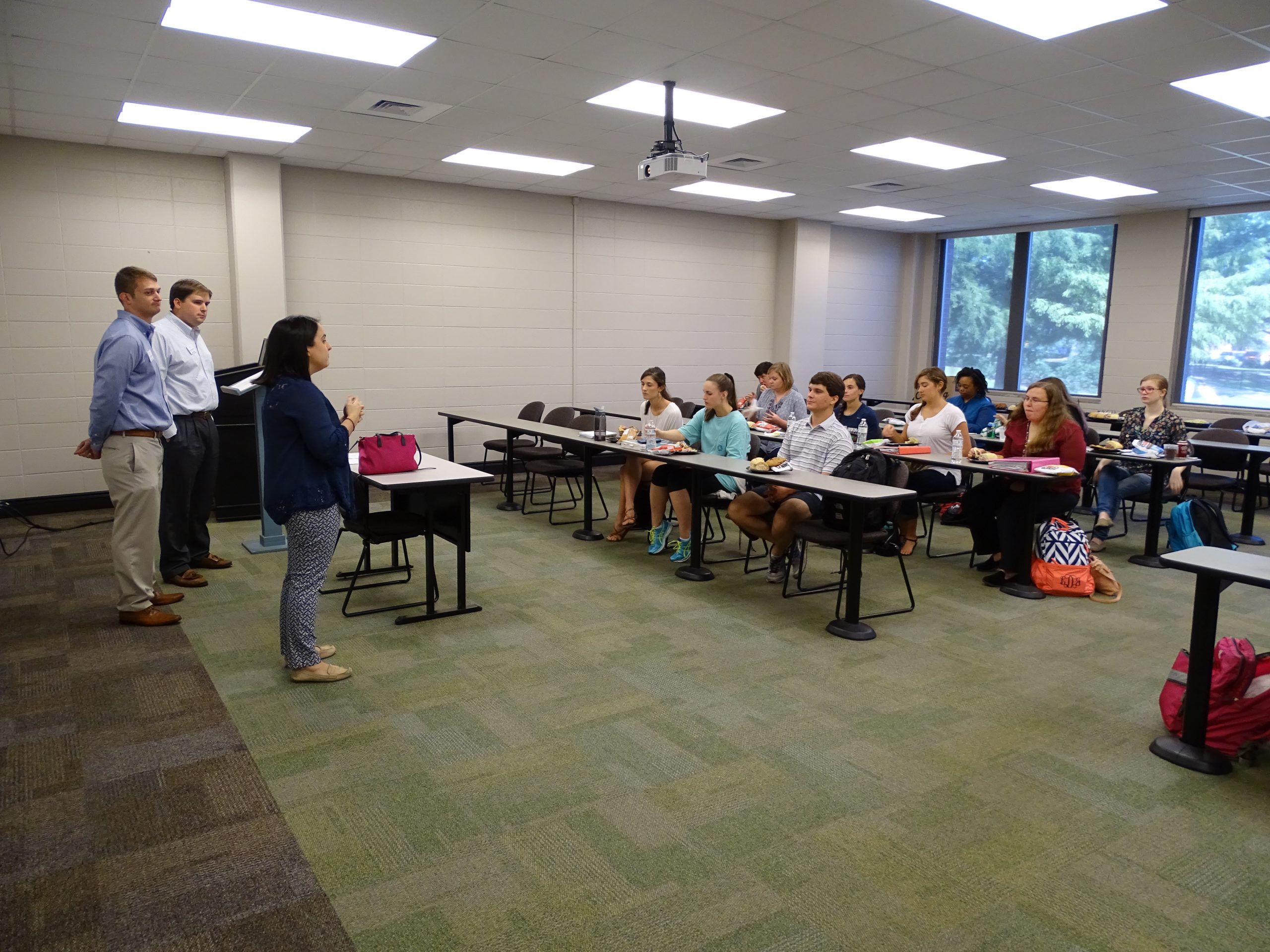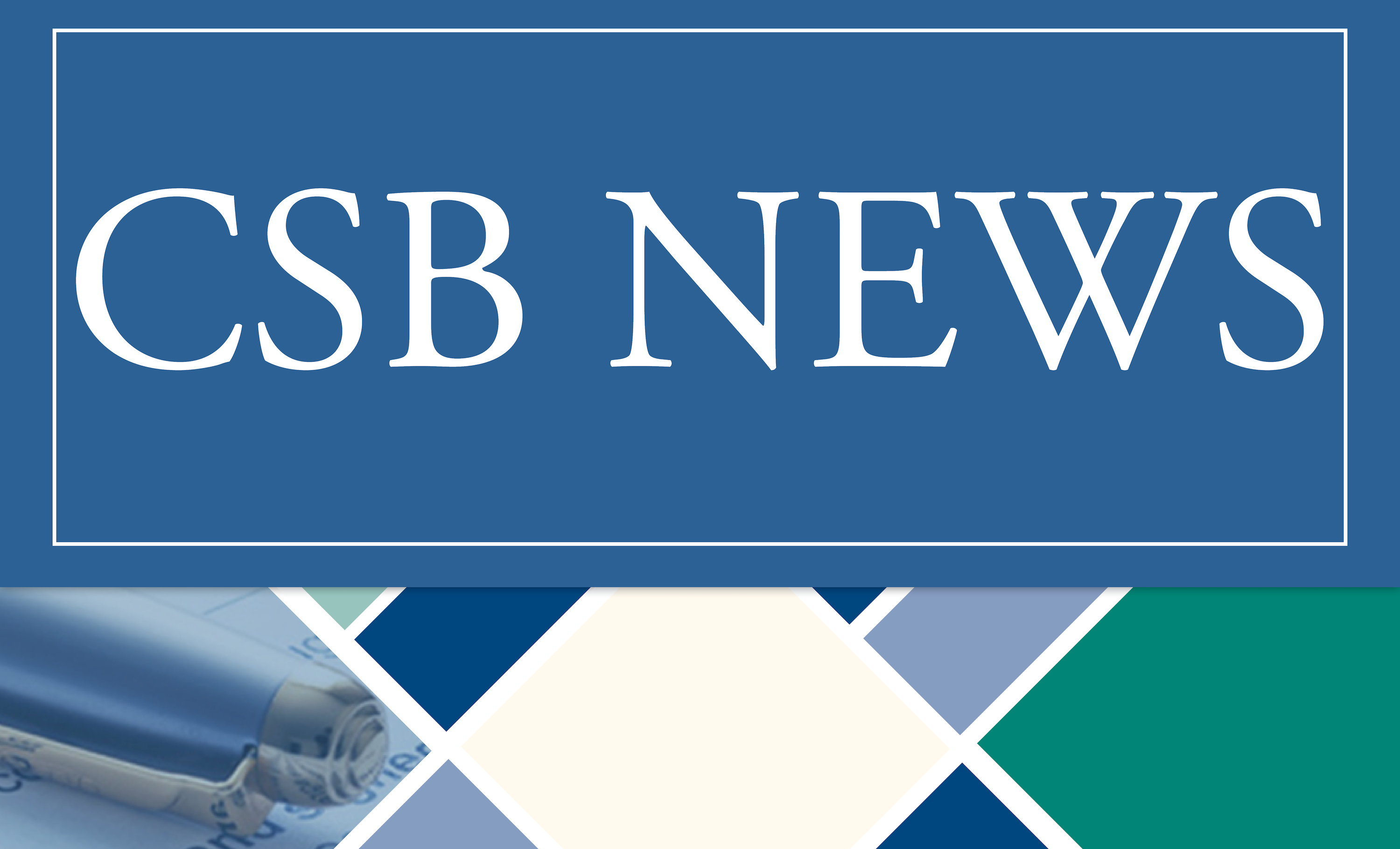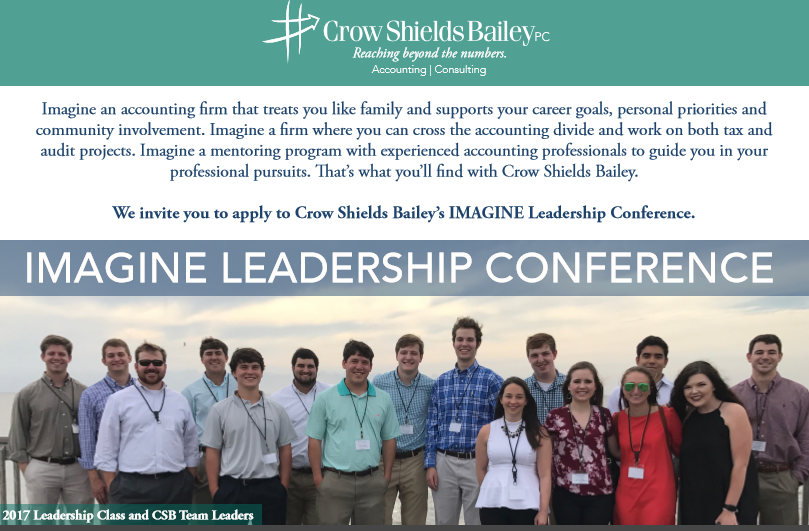September 26, 2019
Abby Roveda, CPA | Senior Accountant | Published by Crow Shields Bailey
Has the statement clichés are clichés for a reason reached cliché status yet? Did that question hurt your brain just a little bit?
At some point in your life, clichés become perceived as the professional equivalent of dad jokes—they’re cheesy and you can hardly ever say them with a straight face. There is still more than an ounce of wisdom to them. In my time in public accounting and working the recruiting circuit, I’ve found that these clichés are still relevant for today’s students.
The Early Bird Catches the Worm
This is NOT about showing up early for interviews and work. This IS about starting to plan for your career now and setting yourself up for the best shot at success. If you don’t know what you want to do yet, you’re not alone. That doesn’t mean that there’s nothing you can do now to prepare for the unknown. Take every opportunity you have to go and hear speakers, attend career fairs, and shadow in different industries until something piques your interest.
If you do know what you want to do, why would you wait for an invitation to start pursuing it? Maybe you’re not at a point academically where it makes sense to do an internship; however, there is no bad time during your college career to attend socials with potential employers, take advantage of job shadowing opportunities, get your resume out there, attend leadership events to add to your resume, or participate in on-campus recruiting. The more a potential employer gets to know you, the less of a hiring risk you become for them.
Fail to prepare, prepare to fail
I do some work on the board of a not-for-profit, and this is the director’s favorite phrase when we have an upcoming event. We spend a lot of time planning for potential mishaps, such as inclement weather or IT problems, and preparing backup plans should any of them actually occur on the day of the event.
How does this apply to students looking for jobs? Have you ever been interviewing for a job and the interviewer asks if you have any questions for them and you replied, “No, I don’t think so?” For many employers, that indicates to them a certain level of disinterest in their company, and even in your own career. Having questions ready for your potential employer is one of the most important steps you can take to prepare for an interview – besides popping a breath mint if you had extra garlic and onions on your pizza at lunch. When you are competing with multiple students for the same job or internship slot, who do you think will have the edge when all other things are considered equal – the one with zero questions for the interviewer or the one with a couple of well-prepared questions?
What doesn’t kill you makes you stronger
Did you just imagine Kelly Clarkson belting that line? Who knew that Kelly was actually singing to business students when she recorded that power ballad?
Being a professional requires you to get out of your comfort zone. There are many aspects of the recruiting process that are just plain unenjoyable. For instance, getting dressed in an uncomfortable suit in the sweltering heat of Alabama, making sweaty handshakes with strangers, repeating the same small talk over and over again…I feel you. I hated career fairs when I was in college. There was not a single aspect of them that I found enjoyable, except that during the height of recruiting season I could usually count on being provided free dinner for 3 of the 5 nights of the week, which was a big help with the old budget. However, by forcing myself to continue to attend these functions, I found that I had actually grown comfortable talking to potential employers. I had become more confident in a room full of strangers and I had actually semi-mastered small talk that didn’t solely revolve around the weather.
Dress for the job you want, not the job you have
Speaking of getting dressed in uncomfortable suits…
Lots of employers have more relaxed dress policies in this day and age. Gone are the days (at most places) of dressing in full suit and tie every day for the office. However, until you know what that dress policy is and until you are actually employed there, you should err on the side of being overdressed. Except for a few exceptions—like showing up for your shift at Habitat for Humanity in a three-piece suit—you will never regret being overdressed in a professional setting. And, even more importantly, your potential employer is not going to note you being overdressed as much as they will if you are underdressed.
You are what you do, not what you say you do
This is really important for when you start working at your first job. However, there is another important spin on this for business students applying for jobs.
My husband has been giving advice to fourth year medical students applying for residency this fall since he just finished the process last year. One of the things we have talked about is the temptation to stack your resume with things that you think make you look good, but don’t necessarily reflect how you actually spend your time or what you value. His advice to fourth year students was, “If you can’t talk about it for 5 minutes, it should not be on your resume.”
What does that mean? You should prepare a 5-minute speech based on everything on your resume? No. If you list a community service activity and it was something you did just to fulfill service hour requirements and not something you actually believed in, do you think you could talk intelligently and passionately about it for 5 minutes if asked about it in an interview? Unless you’re minoring in drama, you probably can’t, and that will lead the employer to question the authenticity of other things listed on your resume as well.
When the going gets tough, the tough get going
If you haven’t experienced a setback at this point in your life, then you probably aren’t challenging yourself. Do you know why employers ask you in interviews to tell them about a time that you failed? Not because they are trying to expose you, but because if you failed, learned something from the experience, and bounced back from it, then you can guarantee that will stand out to them and give you an advantage.
Being a professional in any kind of industry is challenging and you will make mistakes and fail at things multiple times throughout your career. We are counting on it. Not because we like watching you squirm, but because it is absolutely the best way to learn. And if you can’t learn from failure, then there is a limit to what we can teach you.
If you have any questions about career development, recruiting, or any other topic, please feel free to reach out to us. We are always here to help!


